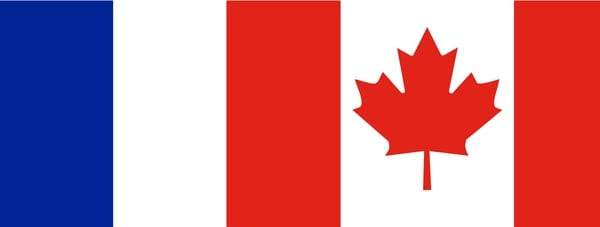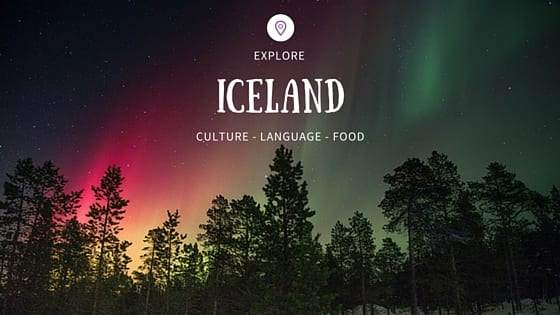May 19, 2017 | Blog, Language Varieties, Testimonials, Worldwide
Accents in the UK Are you from a non-English-speaking country and want to move to the United Kingdom? If you are and you have decided to go, you need to be aware of all the different British accents. Check out our article about how you can recognize British accents and get familiar with the different dialects and accents in the UK. English as a second language I am from Spain and in my country, when we are in school, we learn English as a second language. The English we learn is the general English (Received Pronunciation English) and many of us believe that this type of accent is the only one that exists in the UK. Then when we move to the UK for work or study, we realize that we were wrong. Depending on where you go, people speak with many different English accents. Check out our English voiceover services. We work with voiceover artists who record native British, American and Canadian accents. In the south, you will find the Received Pronunciation English, Cockney, estuary English and West Country. Further out, you find the Midlands English and Welsh English. And in the north, you will find the Northern England English, Geordie accent and Scottish English accent. Received Pronunciation English Currently I am living in the north, in Leeds to be precise, and I would like to point out the differences between the Northern English and the Received Pronunciation English. The Northern England English is spoken in the area of Manchester, Leeds, York and Liverpool. The features of this accent are: Non-rhoticity, except in some rural areas. The diphthong in words...

May 4, 2017 | Blog, Language Varieties, Traditions, Worldwide
Canada and France: are there many differences? We love to discover new cultures around the world. Here are a few cultural differences between France and Canada about the language they speak, the food they like and the sport they play or watch. Differences in Languages The two main languages spoken in Canada are English and Canadian French. English is by far the most spoken language in Canada with 58% of Canadians speaking English and only 22% speaking French. Canadian French is a variation of the French language from France, originating from the 18th century. In France, French is the official language and many people know some English but less are fluent. Differences in Food Canada has a large variety of dishes from East to West. Most of them are based on meat, cheese, and potatoes. First of all, poutine is one of the most famous dishes in Canada and especially in Quebec. It is a delicious meal made with French fries, gravy and cheese curds. In addition, British Columbia salmon, and Alberta beef and bacon are also very much appreciated in Canada. Coincidentally, meat, cheese and potatoes are also much appreciated in French cuisine. For example, Raclette and Tartiflette are typical French dishes composed of potatoes, bacon and cheese. On the sweet side, Canada is famous for its maple syrup and beavertails. Nevertheless, in France, pastries and bakery goods are also very typical with the classic baguette, croissant and pain au chocolat. Differences in Sport The national sport in Canada is ice hockey. However, most American sports, like football and basketball, are also represented in Canada. The National Hockey...

Jun 6, 2016 | Blog, Language Varieties, Tips, Traditions, Worldwide
Iceland – The Land of Ice and Fire Dear reader, Have you ever been to Iceland? If not, you should definitely check out this amazing country! It is about a 5 hour flight from Toronto (you can get cheap tickets at Icelandair, who also provide all-inclusive trips. 😉 ). But first of all, what can you do in Iceland and what is the culture like? What to do in Iceland? If you think there is nothing to do in Iceland, you are wrong! The beautiful landscapes invite you to go on incredible hikes, and a lot of festivals are held in Iceland, where people celebrate together. It doesn’t matter if you visit during the summer – or wintertime; there are plenty of things to do. If you decide to spend the summer in Iceland, you will definitely have plenty of daylight hours, up to 22 hours in June! It is a magical time of year, and taking a stroll in the midnight sun will show you Iceland in a different light. During the autumn and winter months, Iceland is famous for the Aurora Borealis – also known as the northern lights. Even though the sun shines for maybe 4 hours or less, which may seem depressing, the darkness allows you to view those beautiful lights, which appear out of the blue and disappear just as quickly. Icelandic landscape Iceland is called “The Land of Ice and Fire” since it is home, not only to the largest glacier in Europe, but also to the world’s most active volcanoes. Due to this volcanic activity under the earth’ surface, there are also...


















